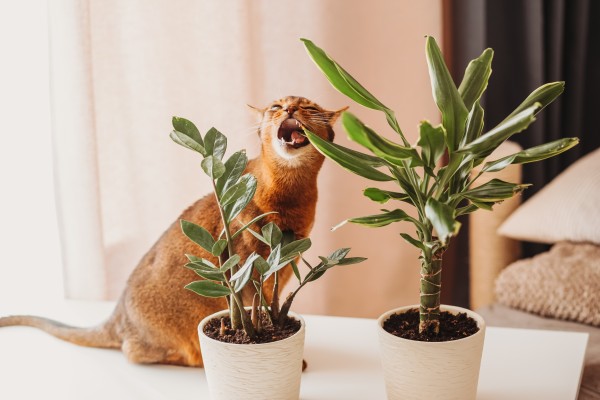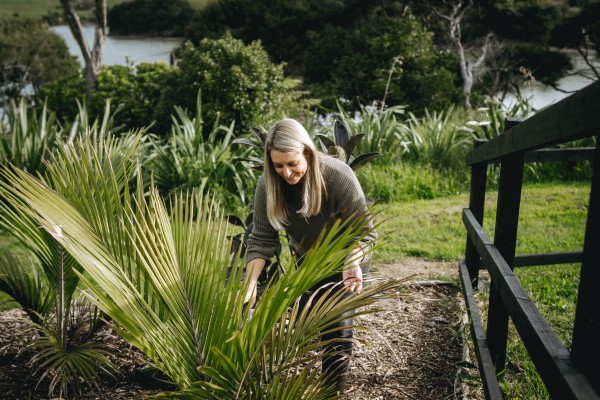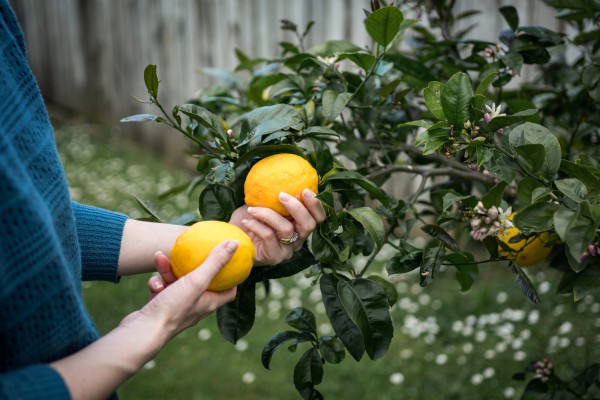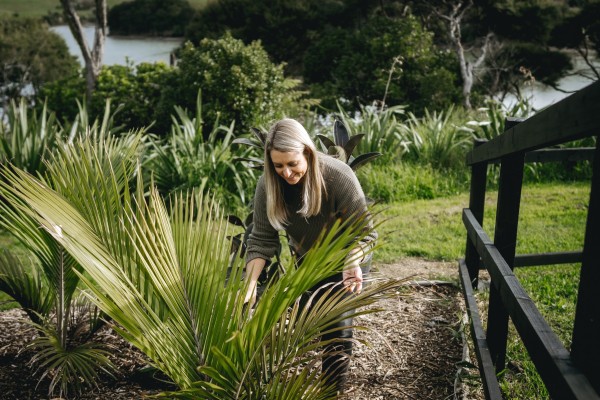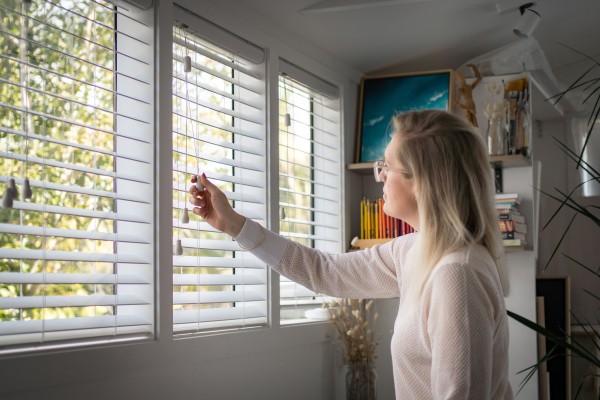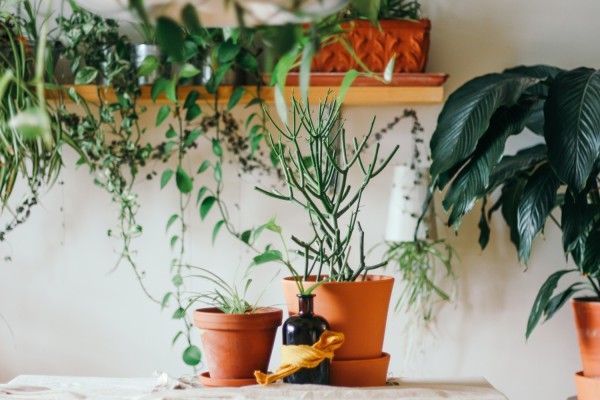How to naturally control pests in your home
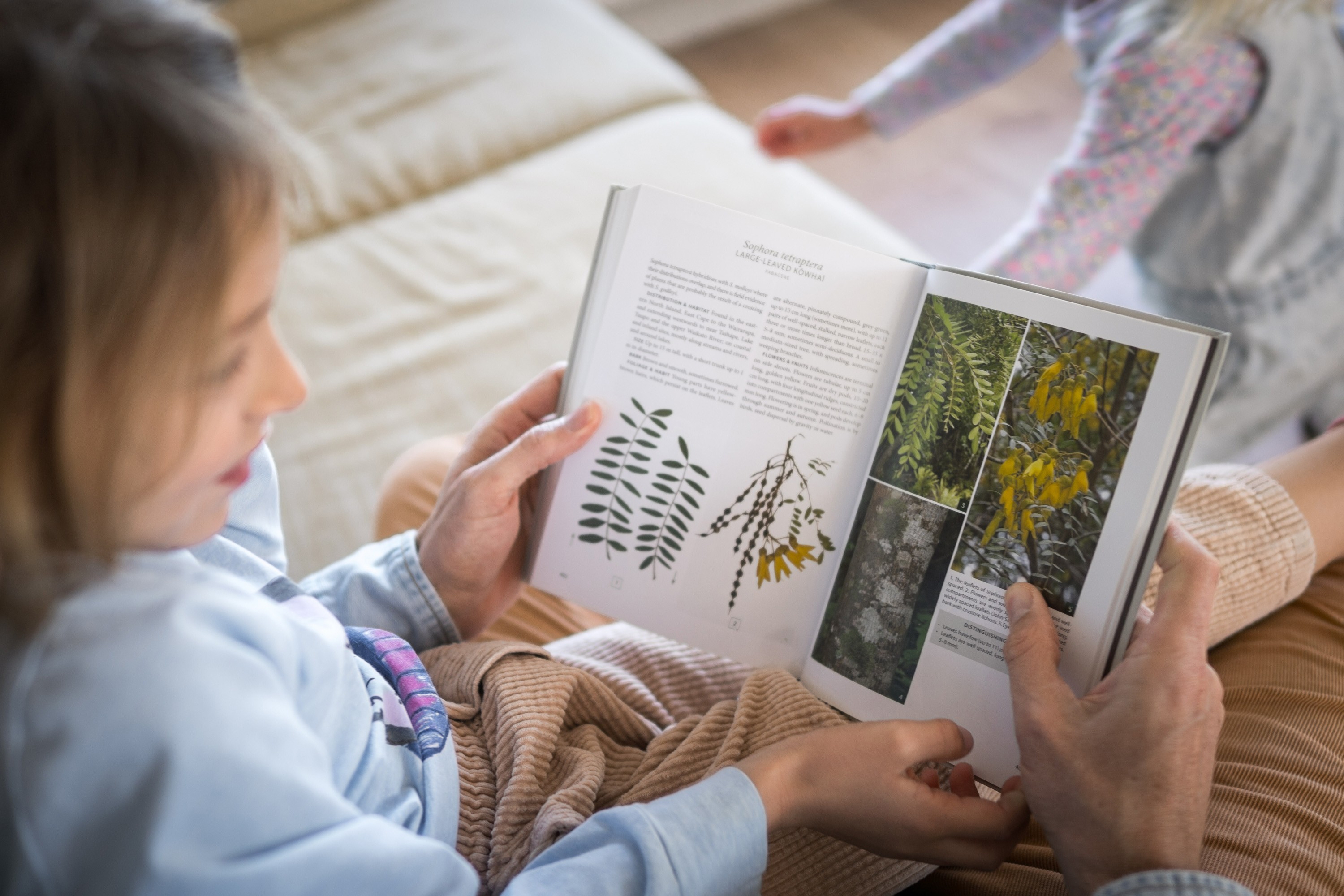
Starting a garden is something many homeowners look forward to. While growing your food has many benefits, there are also some downsides. Pests. Whether in your garden or your home, finding pests can be frustrating. But, before you reach for the pesticides, there are some steps you can take to help pest-proof your home naturally.
Most chemical pesticides contain harsh toxins that, while effective at killing pests, aren’t safe for your pets and children. It’s a catch-22. You want to keep your family safe, but spraying your plants or home with toxins has downsides.
There are many benefits of opting for eco-friendly pest control. At-home methods are cheaper and less harmful. Toxins don’t only choose the bugs you don’t want near your home. They also kill beneficial insects, which can be helpful to your garden. You can also take these steps before seeing signs of pests around your home.
Proactively deterring pests helps prevent bugs and insects from choosing your home and garden as their breeding ground. Take a look at these natural ways to remove and deter pests from living near your home.
Make your garden soil healthy

Growing food attracts various insects, some beneficial and some bad for your plants. You can improve the health of your garden and prevent pests from eating your crops by improving the quality of your soil. A healthy garden has soil that is rich in nutrients. Adding fertiliser from a plant store or compost you’ve made from food waste is a great way to improve your soil's nutrients. Rather than eradicating bugs with pesticides — which kill all insects — the aim is to build a healthy garden that attracts insects that benefit your garden and plants.
Plant the right herbs
Insects are attracted and repelled by what you plant in your garden. Similar to how some bees are attracted to certain flowers, some insects are repelled by specific plants. Herbs are a great way to repel insects while ensuring you always have fresh garnishing on hand! Specifically, many insects don’t like mint, basil, lavender, and rosemary. The scents of these plants are a great deterrent. As a bonus, these plants are also companion plants, encouraging the growth of other plants they are next to. There’s really no downside to planting herbs in your garden. Other plants that help deter pests include:
- Lemongrass (for repelling mosquitos)
- Clover (attract bees and butterflies)
- Petunias (repel aphids, squash bugs, tomato hornworms, leafhoppers, and asparagus beetles)
- Chrysanthemums (repel fleas and mosquitos)
- Eucalyptus (repel roaches, ants, flies, spiders and lice)
- Marigolds (repel mosquitoes, aphids, ticks, flies, silverfish, moths, tomato hornworms, cabbage worms, and bean beetles)
Deter pests inside your home with spices
Unfortunately, pests aren’t just limited to nibbling in the garden. You might find evidence of pests in your home. Rather than calling the fumigator, try the power of the spices in your pantry. Like certain flowers, spices contain scents and properties that many insects find repellant. Once you know how these insects are getting inside, mix one teaspoon of spice with a cup of water and spray it on the entry point. This could be a windowsill, floor tile or a crack in the wall. Deterrent spices include:
-
Cinnamon
-
Cayenne
-
Paprika
-
Turmeric
-
Salt
-
Black pepper
-
Bay leaves
-
Cloves
Use boric acid as an insecticide
Boric acid has been used for generations for cleaning and pest control around the home. As an insecticide, you can sprinkle it on any areas near where pests are entering your home. It’s harmful to insects once ingested. You can also mix it with water and spray on plants' leaves as pest control. However, this can also target beneficial insects. This is best done only if you’re having trouble with insects destroying your plants.
Use essential oils and vinegar when you clean

Many people skip over natural cleaning products believing that they don’t clean as well as harsher alternatives. In fact, white vinegar and baking soda are two powerful yet gentle cleaners you should consider using in your home. Not only are they safe, they also help to deter pests from inside your home. Mix one cup of water, ¼ cup of vinegar, and one teaspoon of essential oils and add to a spray bottle. You can use this to wipe down surfaces, remove dust and mould and keep insects at bay. You can also swap essential oils for citrus peels soaked in water for the same effect. This helps to remove food residue while the smell deters pests.
These essential oils are the most effective for their strong scents:
-
Peppermint
-
Lavender
-
Eucalyptus
-
Citronella
-
Lemongrass
-
Tea tree
Repel insects with food waste
There are other uses for food waste such as orange peels. Try cutting your citrus peels into small pieces and using them as a natural fertilizer. If you have a worm farm, save your peels as worms don’t like these, and place them on the top of your garden instead. If you’re having trouble with mosquitos entering your home, placing onion in a bowl of water can help as a deterrent. Coffee also has a strong scent that many insects hate. You can place coffee grounds anywhere near your home to deter insects from getting into your things.
Use humane traps to remove rodents
There are lots of ways to trap rats and mice in your home, but many options involve killing these pests. For a more humane approach, buy a trap which captures rodents but lets you relocate them. It’s also less nasty for the person removing the trap.
Attract birds to your garden
Birds are great deterrents for slugs, caterpillars, snails, and other bugs, which can cause a lot of damage to your garden. You can attract more birds with feeding stations, nesting boxes and certain trees (tui’s love kowhai trees). If you have the space, chickens and ducks can also help eliminate small insects on your property. Just don’t give them direct access to your garden, or they’ll help themselves to your plants. Be careful about where you leave bird feed, as well as too much seed on the ground can attract mice and rodents.
What do our customers say?

Wherever You Are
Moving services across New Zealand. All Covered. No Hassle.
- Auckland
- North Shore
- Wellington
- Christchurch
- Hamilton
- Tauranga
- Palmerston North
- Nelson
- Whangarei
- New Plymouth
- Queenstown
- Dunedin
- Invercargill
- Rotorua
- Napier-Hastings
- Kapiti
- Whanganui
- Gisborne
- Blenheim
- Pukekohe
- Timaru
- Taupō
- Masterton
- Levin
- Ashburton
- Whakatāne
- Rangiora
- Feilding
- Rolleston
- Tokoroa
- Oamaru
- Hāwera
- Gore
- Waiuku
- Waiheke Island
- Greymouth
- Wanaka
- Motueka
- Te Puke
- Huntly
- Matamata
- Morrinsville
- Kerikeri
- Thames
- Kawerau
- Waitara
- Ōtaki
- Lincoln
- Kaitaia
- Stratford
- Alexandra
- Dannevirke
- Carterton
- Dargaville
- Cromwell
- Waihi
- Whitianga
- Snells Beach
- Marton
- Warkworth
- Foxton
- Taumarunui
- Katikati
For every (wise)move










